Executive election 2015
The online election by members took place between 7th and 18th January 2015. 387 ballots were received from a constituency of 1205 voting members - a turnout of 32%.
The results were as follows:
Thomas Hylland Eriksen: 208
Paolo Favero: 150
Valeria Siniscalchi: 145
Hana Cervinkova: 145
Niko Besnier: 140
Susana de Matos Viegas: 137
Carlo Cubero: 124
Georgeta Stoica: 110
Cate Degnen: 89
Dan Podjed: 74
Marianna Betti: 69
Edward Simpson: 64
Àngels Trias i Valls: 55
The top five will form the new Committee which will preside over the Association until 2017 and be responsible for the preparation of the next conference in Milan in 2016.
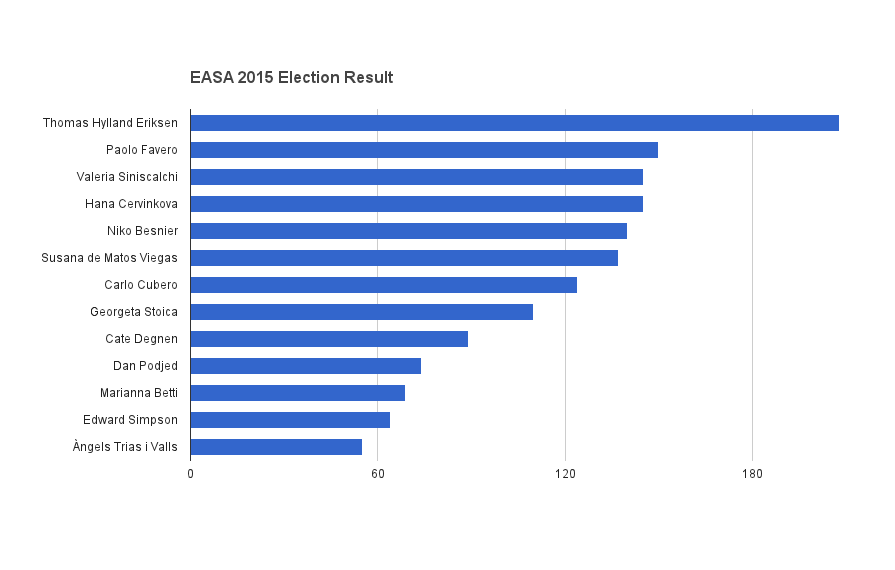
Niko Besnier (Universiteit van Amsterdam)
I am Professor of Cultural Anthropology at the University of Amsterdam. My work has broached a wide variety of topics, such as, at present, gender and sexuality, mobility, and economic relations in times of crisis. I am currently directing an ERC Advanced Grant project entitled "Globalisation, Sport and the Precarity of Masculinity" (2012–17). I have considerable experience in the governance of learned societies, including the American Anthropological Association Executive Board, where I served in particular as liaison to the Committee on World Anthropologies. I am concerned to foster communication between different anthropological practices across national and linguistic boundaries, endeavours that EASA is strategically placed to pursue. I consider the need to continue cooperating closely with other associations (ABA, IUAES, AAA) to be a priority. I am currently taking an active role in thinking through the possible serious effects of the current reconfiguration of European funding on our discipline.
Nominated and supported by Sarah Green (University of Helsinki) and Andre Gingrich (University of Vienna)
Marianna Betti (Institute of Social Anthropology, NTNU)
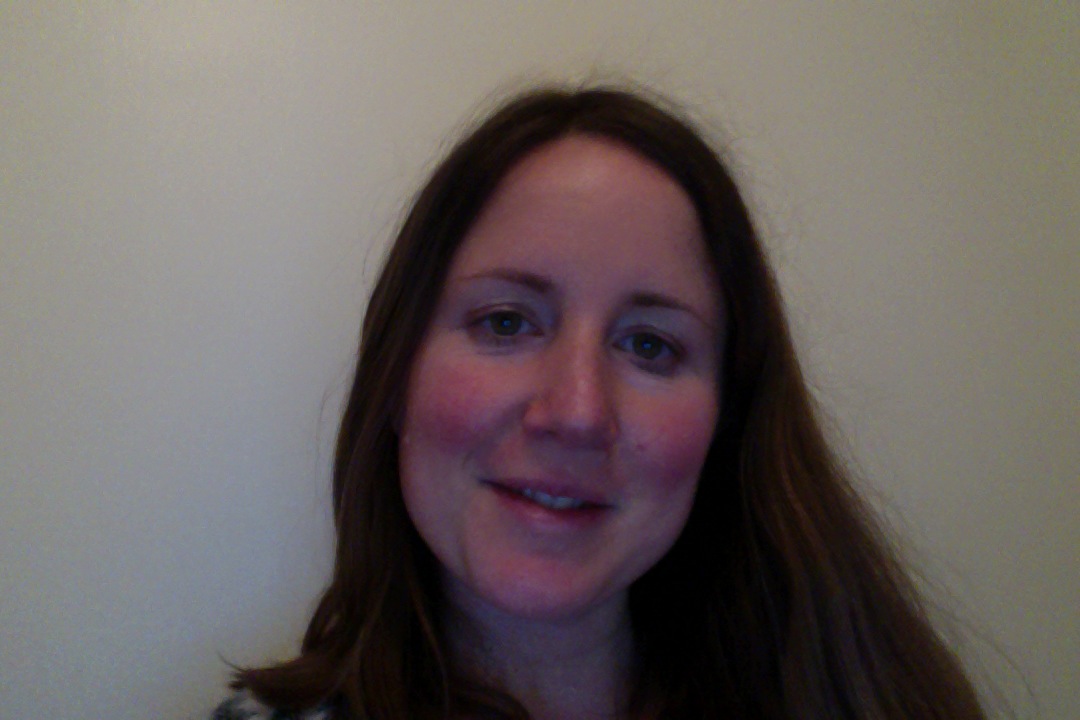
I am Italian but I have studied anthropology in USA and Norway. I reside in Trondheim and I work as research assistant for the Institute of Social Anthropology, NTNU. My research specializes in East Africa, generational change, gender and development. Lately I am working with work migration in Norway and on the financial crisis in Italy. I enjoy travelling and I have a very flexible job. Working in the EASA committee will surely be an enriching experience. I would like to play an active role in selecting the next EASA host institution, as well as formulating the themes for the next EASA conference. Most importantly, I would like to represent the younger members of EASA and especially those academic expats like me. I hope the fact that I am a young scholar and I have an international profile will weigh positively in my candidature.
Nominated and supported by Liv Haram (NTNU) and Bjørn Enge Bertelsen (UiB)
Hana Cervinkova (University of Lower Silesia, Wroclaw, Poland and Institute of Ethnology, Czech Academy of Sciences, Prague, Czech Republic)
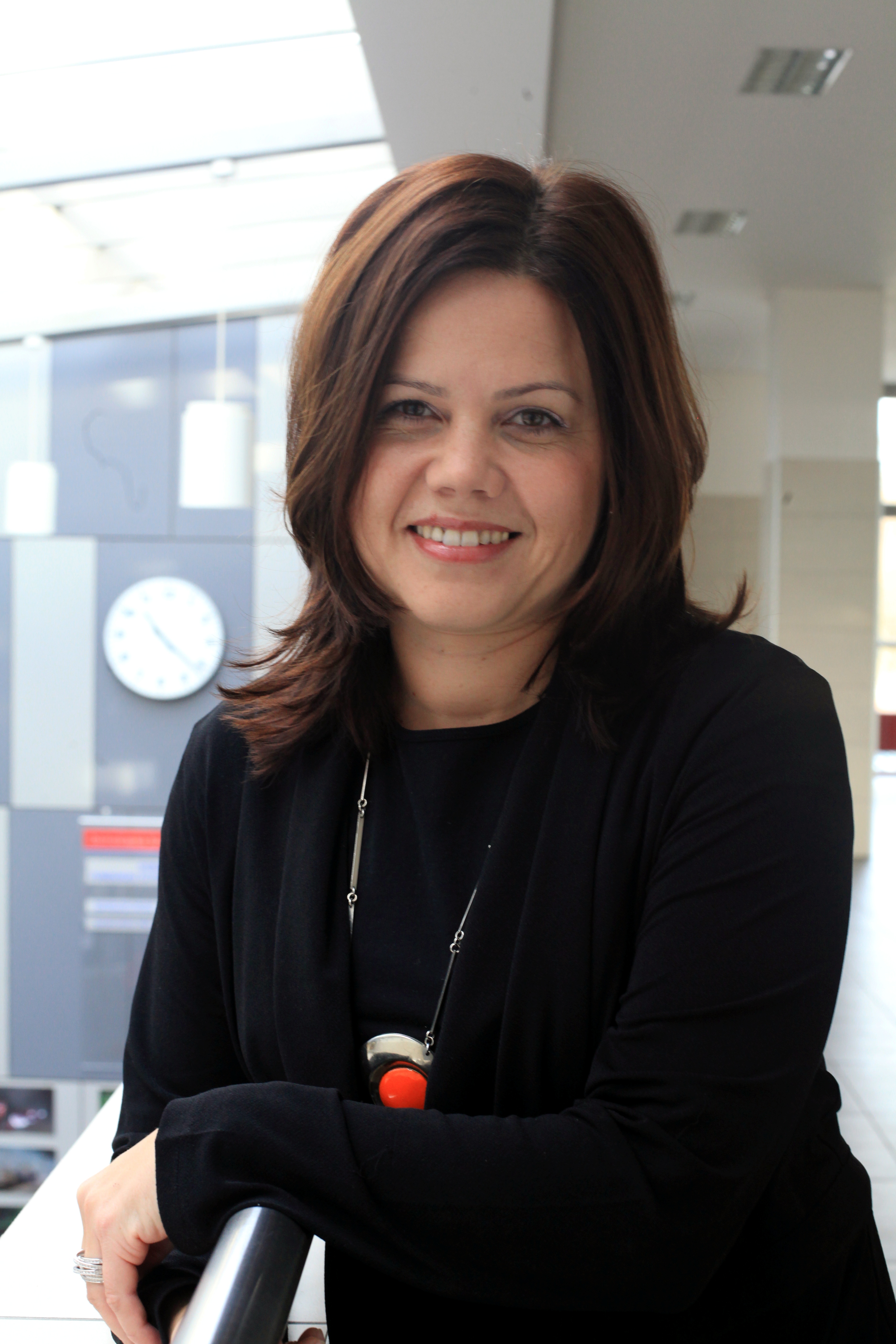
Should I receive your support and be re-elected to the EASA Executive Committee for the second term, I will continue in building on EASA's principle as an organization that is inclusive and supportive of anthropologists who work in/on Europe and who come from diverse academic traditions. I also plan to continue in my work on expanding EASA's potential to help early-career anthropologists in navigating the increasingly complex European job market. I will firmly advocate for initiatives that bolster EASA's attractiveness as a supportive and encouraging organization guided by shared concern for building a welcoming anthropological community open to all those with a passion for our discipline.
Born in the Czech Republic, I received academic training in anthropology in the United States (1997 B.A. Temple University, 2004 Ph.D. New School for Social Research). My research is located in the political anthropology of Central Europe as well as educational and urban anthropology. I live and work in Poland and in the Czech Republic.
Nominated and supported by Michal Buchowski (Adam Mickiewicz University) and Ulf Hannerz (Stockholm University)
Carlo Cubero (Tallinn University)

I am based in the Social & Cultural Anthropology Department of Tallinn University where I currently hold the post of Head of Department. As a member of the Executive of the EASA I am particularly interested in contributing to develop the EASA's capacity to feature non-textual ways of presenting anthropological knowledge. For example, I am interested in looking into ways in which ethnographic museum exhibitions, films, sound recordings, interactive media, and other mediums could be featured through the EASA.
I served as Co-Chair of the Local Committee of the 2014 EASA Conference and I developed insights and skills that would be useful in organising the next conference. The 2014 conference featured innovative formats, such as the Laboratories and a professional Film Programme, of which I played a direct role in conceptualising and organising. I would gladly offer my experience in organising events like these for the upcoming conference in Milan.
Nominated and supported by Abdullahi El-Tom (Maynooth University) and Thomas Fillitz (University of Vienna)
Cate Degnen (Newcastle University, UK)
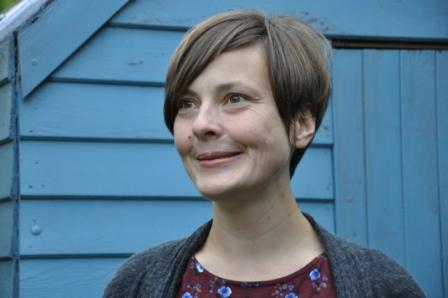
I have served in the UK on the executive committee of the ASA (Association of Social Anthropologists, 2007-2012), but I would like now to expand my understanding of and support for the vitality of our discipline by becoming an active member of the EASA Executive. As a transplanted North American who has made her home in Britain, I feel strongly about the importance of creating and maintaining transnational communication and cooperation within the professional community of anthropologists. Serving on the EASA would permit me the opportunity to contribute to this endeavour first-hand. Furthermore, as an anthropologist working in a sociology department, I am very aware of the increasing diversity of where members of our profession develop their working research lives and how important it is to represent these differences. I would be keen to learn more about this in a wider European context.
Nominated and supported by Peter Phillimore (Newcastle University) and Jeanette Edwards (University of Manchester)
Susana de Matos Viegas (Institute of Social Sciences, University of Lisbon)


I am a Research Fellow at the Institute of Social Sciences of the University of Lisbon, where I presently hold a tenured position. My work covers different perspectives on personhood, kinship and space, identity and territoriality in Portugal, Brazil and more recently in Timor-Leste. I engaged in different activities promoting anthropology in the public domain, namely as co-editor of EASA Newsletter (1995-1997), President of the Portuguese Association of Anthropology and member of WCAA (2006-2009). I am currently of the founding Board of the International Association of Social Sciences and Humanities (AILPcsh, 2011-2015). I wish to contribute to foster links between EASA and other European associations, while continuing the cooperation with ABA, IUAES, and AAA. My priority is to find strategic ways of facing the new configurations of funding in Europe, as well as addressing the issue of professional precariousness with which younger anthropologists are confronted in present day Europe.
Nominated and supported by Susana Narotzky (University of Barcelona, Spain) and João Pina-Cabral (University of Kent at Canterbury, UK)
Thomas Hylland Eriksen (University of Oslo)
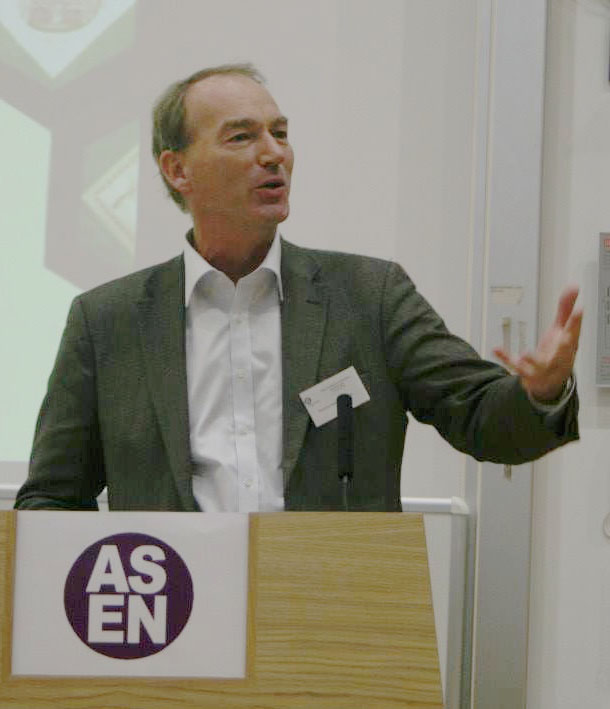
Thomas Hylland Eriksen is Professor of Social Anthropology at the University of Oslo and PI of the ERC Advanced Grant project ‘Overheating: The Three Crises of Globalisation’ (2012–2017). He is the author of many books including the widely used and translated ‘Small places, large issues’, ‘Ethnicity and Nationalism’, and ‘Globalization: The Key Concepts’. His research has largely been focused on the politics of culture and identity, globalisation and the history of anthropology. Fieldwork in Trinidad, Mauritius and Norway. His current research project ‘Overheating’ is a comparative endeavour aiming to develop an understanding of local responses to accelerated change in the realms of economy/finance, climate/environment, and culture/identity. He is an active public anthropologist and has a strong interest in the teaching of anthropology, not only at university departments, but also to diverse audiences.
Nominated and supported by Adam Kuper (Brunel University) and Ulf Hannerz (Stockholm University)
Paolo Favero (Associate Professor at the University of Antwerp, Belgium)

Swedish-Italian by birth, and with a PhD from Stockholm University, I have in the past years taught in Sweden, Italy, the UK, Portugal and now Belgium. This trajectory has convinced me about the importance of EASA in strengthening the future of anthropology through a transnational dialogue. For my candidature I draw on my previous experience as member of the Executive committee (2009-2010). During that period I worked towards the incorporation of marginalized European traditions in EASA. If reelected, I will engage with EASA’s presence across Europe. My European ties allow me also to work towards increasing the space of anthropology in European research focusing especially on early-stage researchers. Finally, I will design a strategy for keeping connected the growing number of anthropologists who today work in other disciplinary environments. EASA must be a platform for bringing all anthropologists together, and for designing strategies to provide the discipline with greater visibility.
Nominated and supported by Helena Wulff (Stockholm University) and Thomas Fillitz (University of Vienna)
Dan Podjed (Research Centre of the Slovenian Academy of Sciences and Arts & University of Ljubljana)
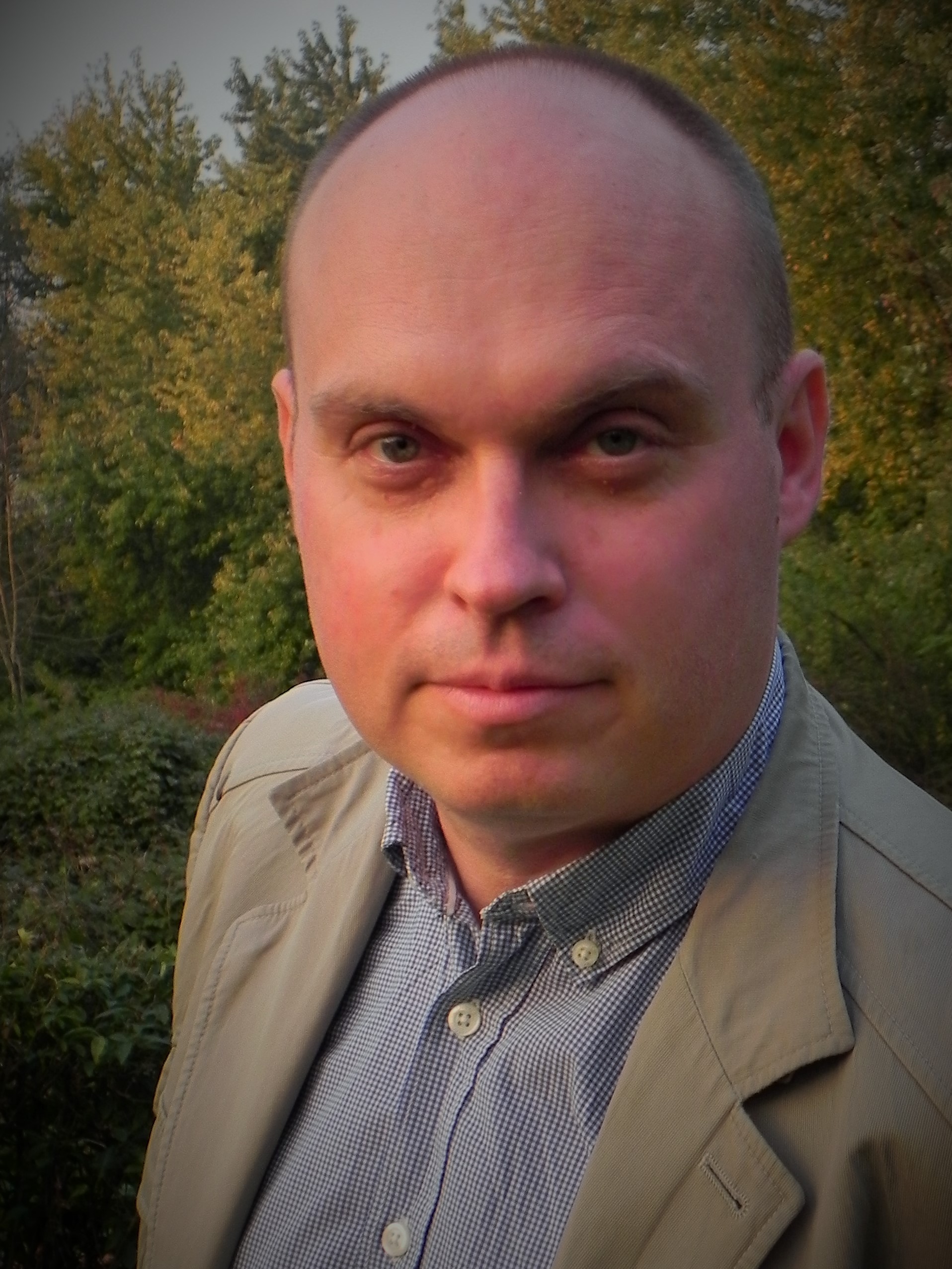
I am an anthropologist from Slovenia, where I have been researching and teaching for the past ten years. In 2008 I co-organised the EASA biennial conference, which was held in Ljubljana. As a convenor of EASA Applied Anthropology Network, I initiated the international symposium Why the world needs anthropologists (Amsterdam 2013, Padua 2014, Ljubljana 2015), which presents best practices of anthropologists in solving contemporary social, political, economic, and environmental challenges.
If elected, I will devote my work in the Executive Committee to:
- Use of communication tools, including online social networks, to enhance cooperation of members and strengthen EASA’s position as the main information and intellectual hub of academics, practitioners, and those “betwixt and between”.
- Establishing a public directory of key anthropological skills and competences to extend employment opportunities for graduates and postgraduates in and outside academia.
- Promotion of anthropology through public events organised in cooperation with other national and international institutions, associations, and networks.
Nominated and supported by Rajko Muršič (University of Ljubljana) and Thomas Hylland Eriksen (University of Oslo)
Edward Simpson (School of Oriental and African Studies, SOAS, UK)
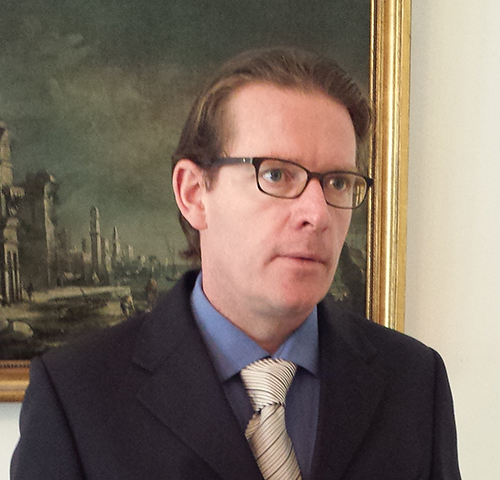
I wish to become more involved in the circulation and exchange of research, students and ideas within Europe. I see the need to promote and protect anthropology as a discipline and research practice at an international level. Collaboration and negotiation have been at the core of my own professional practices and I think these qualities will contribute strongly to EASA’s aims and objectives. Anthropology should be respectful of its past, conscious of the Zeitgeist, and mindful of the future. I have much to learn about the breadth, scope and cultures of anthropology in Europe. I find these prospects exciting.
Nominated and supported by Adam Kuper (Brunel University) and Peter Berger (University of Groningen)
Valeria Siniscalchi (Ecole des Hautes Etudes en Sciences Sociales, Marseille)

I feel that EASA is a precious tool because it permits anthropologists in Europe to work together. If I am elected, I would like to improve EASA networks but also links and collaborations with other associations outside Europe. I completed my PhD in Italy in 1996 (Rome La Sapienza) and I am Associate Professor at the Ecole des Hautes Etudes en Sciences Sociales (France). My experience in these two countries and my actual responsabilities coordinating in Marseille the EHESS PhD programm, could make a useful contribution to EASA. They give me a broad outlook on how institutions work and on the place of anthropology inside them. I believe we need to strengthen EASA’s actions against the precarity of anthropologists working inside and outside the Universities and Research institutions. I support using EASA as a powerful tool to put pressure on European institutions to increase funds for research in Social Sciences, changing the current trend. I would like to contribute to these positive changes by becoming a member of the next executive committee
Nominated and supported by Benoît de l’Estoile (CNRS, France) and Victoria Goddard (Goldsmith University of London)
Georgeta Stoica (Fondation Maison des sciences de l’homme – Labex CORAIL IRD France)
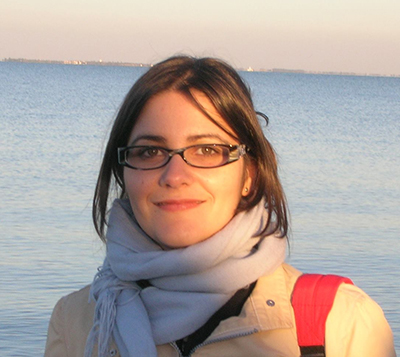
The best words to describe myself would be "researcher in motion" and many of the EASA members would probably recognize themselves as such. Having been trained as an anthropologist in Italy and France, I’m currently a Fernand Braudel Fellow at IRD France in an interdisciplinary team in the field of environmental anthropology. Since my nomination as Secretary and Treasurer of the Italian Association of Academic Anthropologists in 2012, I have been actively involved in the association’s activities focused on the future of anthropology and the importance of networking between anthropological associations. If elected, I will work on the following long-term goals: (1) strengthening the presence of young anthropologists inside the academia and in the public domain (2) making anthropology more relevant at the level of European decisional and funding institutions (3) incrementing the role of anthropology as a teaching discipline in the academia and at the level of secondary education.
Nominated and supported by Françoise Lafaye (UMR EVS (ENTPE, CNRS, Université de Lyon, AFEA President) and Alexander Koensler (Queen’s University Belfast)
Àngels Trias i Valls, (PhD, QUB Belfast), senior lecturer in Anthropology at the Regent’s University London

My research interests cover the area of anthropology of debt, communication and web technologies, online ethnographies, alternative media, sexuality and sensoriality in new forms of politics in Europe. My research looks at the tension between connectedness and localisation of emotions and senses (for example, economic localisations of debt, sensoriality of crisis, connectedness of web technologies in gender and teaching). I have a particular interest in the visualisation of these themes and the examination of alternative political temporalities. My latest publication is on the theme of the ethnographic interview, the heterochonic compositions of ethnographic encounters with children from fieldwork carried out in Catalonia. I have been a member of EASA since I was a postgraduate student in 1997. At Regent’s University I also worked as a senior research assistant for the Institute of Contemporary European Studies where I promoted a series of conferences on European sub-nationalisms, and supported ethnographic research in Europe and the dissemination of anthropology.
Nominated and supported by Dr Katherine Smith (University of Manchester) and Dr Veronica Barassi (Goldsmiths)







